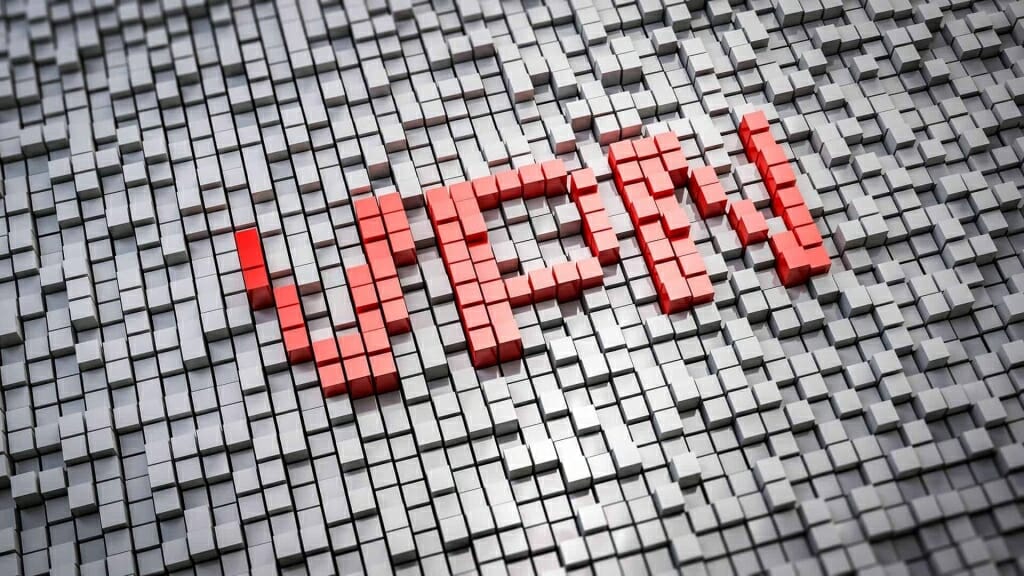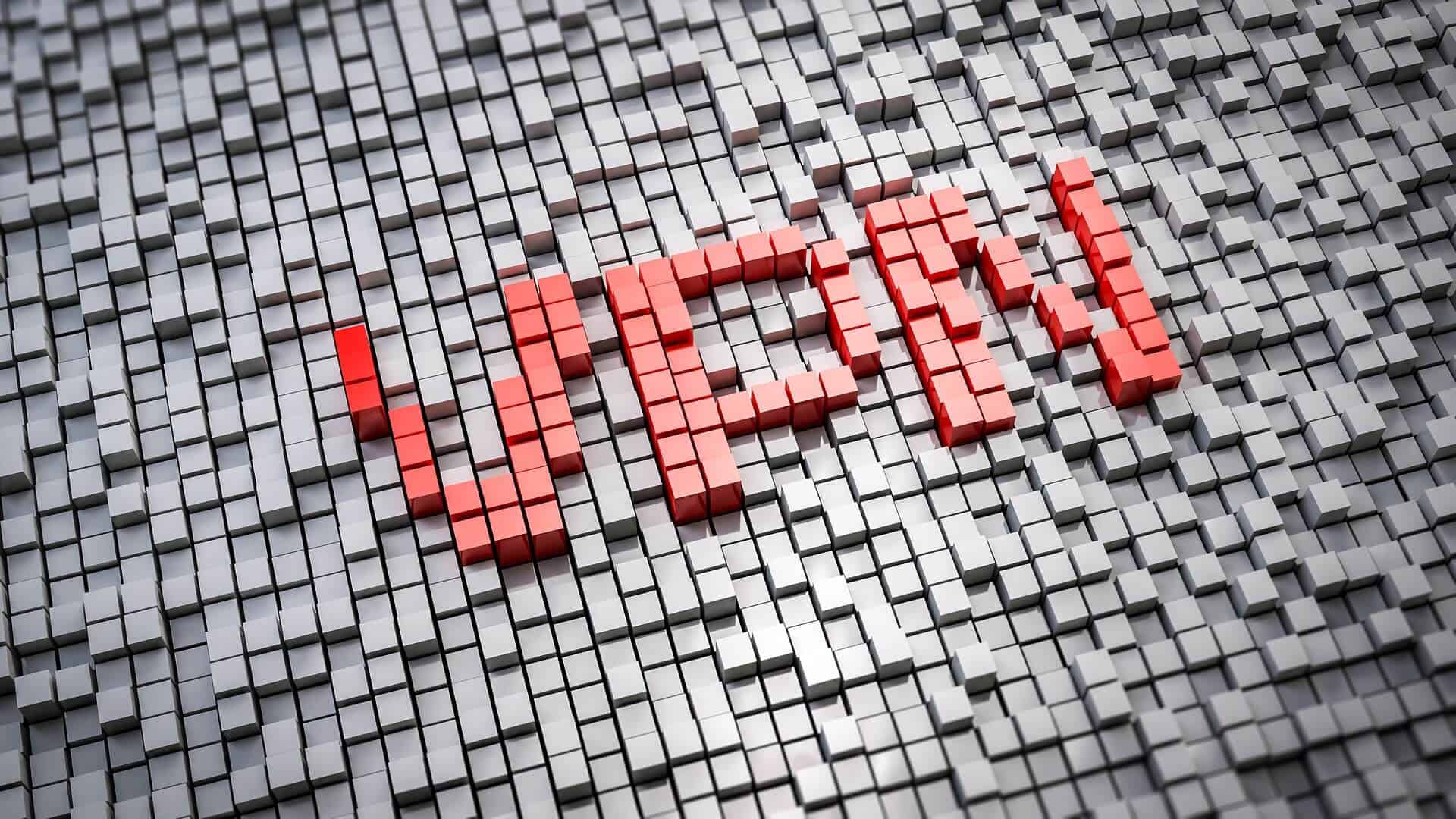It seems natural that more people are using VPNs to protect themselves as privacy becomes a bigger issue. By encrypting user computer traffic and sending it through anonymous routers to mask the user’s identity, VPNs are renowned for protecting users’ privacy. Not just journalists, investigators, or other people who need to protect privacy for work or political reasons use VPNs—almost 30% of all internet users do so at least once each month. We must ask: Do VPNs genuinely secure our privacy as more individuals of all types depend on them?
What safety factors does a secure VPN have?
We’ll discuss the VPN features that most, if not all, VPN companies have to offer in this section of the post.
Preventative Measures for IP Address Leaks
A VPN’s primary function is to mask or disguise a user’s IP address so that no one can track their internet activities. However, a VPN occasionally has weaknesses that allow the user’s IP address to be revealed. Finding a supplier that actively avoids IP address leaks is crucial for this reason. Read reviews to find out if they have a history of IP address leaks.
- No-Log Policy
No-log Users’ login information, downloaded files, and search history are among the types of information VPNs do not gather or record. Protecting users’ online privacy and anonymity from other internet users depends on this. Additionally, it guarantees that a user’s data is safeguarded even if an attacker acquires unauthorized access to a VPN tool. When evaluating a VPN, find out if it records online behavior, records data regularly deletes it, or divulges user information.
- Protection Against Unsecured Wi-Fi
In most circumstances, a public Wi-Fi hotspot you connect to is not a secure internet hotspot. The hotspot’s network is open to all users without requiring a password. It follows that other network users, such as the shady man sitting opposite you at your local café, can easily monitor your online activities.
When using a VPN that offers Automatic Unsecured Wi-Fi Protection, your VPN app will automatically connect to a VPN server to encrypt and conceal your internet activity from prying eyes. This feature is also referred to as Public Wi-Fi Protection.
- Kill Switch
Your online actions would once again be exposed to outside surveillance if, for some unlucky reason, the device you have using a VPN loses connection to the servers of your VPN provider. To prevent this from happening, a VPN’s kill switch protection will immediately disconnect you from the Internet if their servers go down.
How do VPNs protect your IP address and privacy?
The term “VPN” refers to a software service that encrypts all data received to and from the Internet and routes it through a VPN server in a different location. Because the VPN server functions as a go-between for your device and the Internet, online apps and websites only see the server’s IP address and not your own.
The majority of VPNs are paid subscription services with monthly costs of a few dollars for access to hundreds or even thousands of servers throughout the globe. All you have to do is register and download the applications for your gadgets. It only takes a few clicks after that to conceal your IP address (and, consequently, your internet activity). Really simple to do.
A free VPN download can be all you need if your privacy and security requirements are rather basic. To find the perfect fit for you, take some time to explore a few possibilities, including features and pricing.
How do VPNs help with identity theft?
Identity fraud is illegal. It involves stealing your personal or financial information so that someone else can use your identity to perpetrate fraud, such as opening accounts, making purchases, pretending to have a mortgage, signing leases, or applying for passports. Your fingerprints or SSN are examples of your details.
All data exchanged between a device or machine and the VPN server is encrypted when using a VPN, which provides a secure means to connect to the Internet. As a result, anyone attempting to view the data being transported to and from your computer will discover that they cannot do so since it is encrypted and that only your device and the VPN server possess the encryption and decryption keys.
You may be sure that any data you communicate is encrypted, confidential, and hence protected by using a VPN while connecting to an unprotected network. When you use a VPN, your sensitive information is safeguarded, including passwords, login information, identification information, device information, and more.
Conclusion
Having a VPN can guarantee that your internet connection and private information are secure from fraudsters if you spend any time using public Wi-Fi networks.
A VPN can also help you keep your browsing private if privacy is essential to you. Additionally, you can connect to a server in the target location to make it appear as though you are there if you can’t access certain websites and online resources accessible at home while traveling.

IntelligentHQ Your New Business Network.
IntelligentHQ is a Business network and an expert source for finance, capital markets and intelligence for thousands of global business professionals, startups, and companies.
We exist at the point of intersection between technology, social media, finance and innovation.
IntelligentHQ leverages innovation and scale of social digital technology, analytics, news and distribution to create an unparalleled, full digital medium and social business network spectrum.
IntelligentHQ is working hard, to become a trusted, and indispensable source of business news and analytics, within financial services and its associated supply chains and ecosystems.











